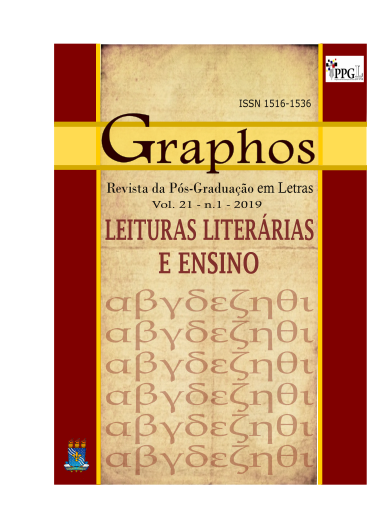The role of translation in the constitution of Bulgarian fundamental prose
Keywords:
Culture, Literary polysystem, Fundamental prose, Translation, TraditionAbstract
This study aims to examine the evolution of translation in Bulgaria in order to demonstrate that Bulgarian literature, as every « young » literature, was born in the translational act. Based on the Berman’s concept of fundamental prose, it will seek to illustrate, through examples, the decisive role that translation played in the stages of this literature. The outline of the major translational issues will try to reveal the two essential characteristics of this founder and compensatory activity, and prove that the translation has contributed to the constitution of national identity, the development of Bulgarian culture and the consolidation of his literary polysystem. The reflection will be structured in three parts. Firstly, it will examine the relationship between tradition and translation. Secondly, it will draw the Bulgarian translational motion that began with the translation of the Holy Scriptures by Cyril and Methodius, which served as a model for subsequent writing experiences and contributed to the formation of national identity and language. Finally, it will seek to emphasize some of the highlights of the Bulgarian history of translation and their influences on literary creation.
Downloads
References
BENJAMIN, Walter. La tâche du traducteur. In : _____. OEuvres. Tradução de Maurice de Gandillac. Paris : Gallimard, 2000, p. 244–262.
BERMAN, Antoine. Jacques Amyot, traducteur français. Essai sur les origines de la traduction en France. Paris : Belin, 2012.
_____. L’épreuve de l’étranger. Culture et traduction dans l’Allemagne romantique. Paris : Gallimard, 1984.
_____. Tradition – Translation – Traduction. Po&sie, nº 47, 1988, p. 85-98.
CLEMENT D’Ohrid. Prostanno žitie na arhiepiscop Metodi [Hagiographie de l’archevêque Méthode]. Stara bălgarska literatura. Sofija : Bălgarski pisatel, 1986, iv.
_____. Prostanno žitie na Konstantin-Kiril [Hagiographie de Constantin-Cyrille]. Stara bălgarska literatura, Sofija : Bălgarski pisatel, 1986, iv.
CONSTANTIN LE PHILOSOPHE. Proglas kăm Evangelieto [Prólogo ao Evangelho segundo São João]. Sofija: Agata-A, 1995.
CURTIUS, Ernst Robert. La littérature européenne et le Moyen âge latin. Tradução de Jean Bréjoux. Paris : PUF, 1956.
DELISLE, Jean ; WOODSWORTH, Judith. Les traducteurs dans l’histoire. Ottawa : Presses Université Ottawa, 2007.
DESCARTES, René. Discours de la méthode. Paris: Flammarion, 1966.
EVEN-ZOHAR, Itamar. Polysystem Theory. Poetics Today, v. 11, nº. 1, p. 9-26, 1990.
_____. The Position of Translated Literature within the Literary Polysystem. Poetics Today, v. 11, nº. 1, p. 46-51, 1990.
KRISTEVA, Irena. Déformations inconscientes en traduction. In : _____. Dire, Écrire, Agir en Français. Kragujevac: Nasledje, 2011.
NAUMOW, Aleksander. Idea-immagine-testo. Studi sulla letteratura slavo-ecclesiastica, a cura di Krassimir Stantchev. Edizioni dell’Orso, 2004.
STEINER, George. Après Babel. Une poétique du dire et de la traduction. Tradução de Lucienne Lotringer. Paris : Albin Michel, 1978.
TROELTSCH, Erns. Der Historismus und seine Probleme. Tübingen: Mohr, 1922.
VON SCHMID, Christoph. Navodnenie na Dunav. Tradução de Stefan Bobchev. Carigrad: Promišlenie: 1871.







